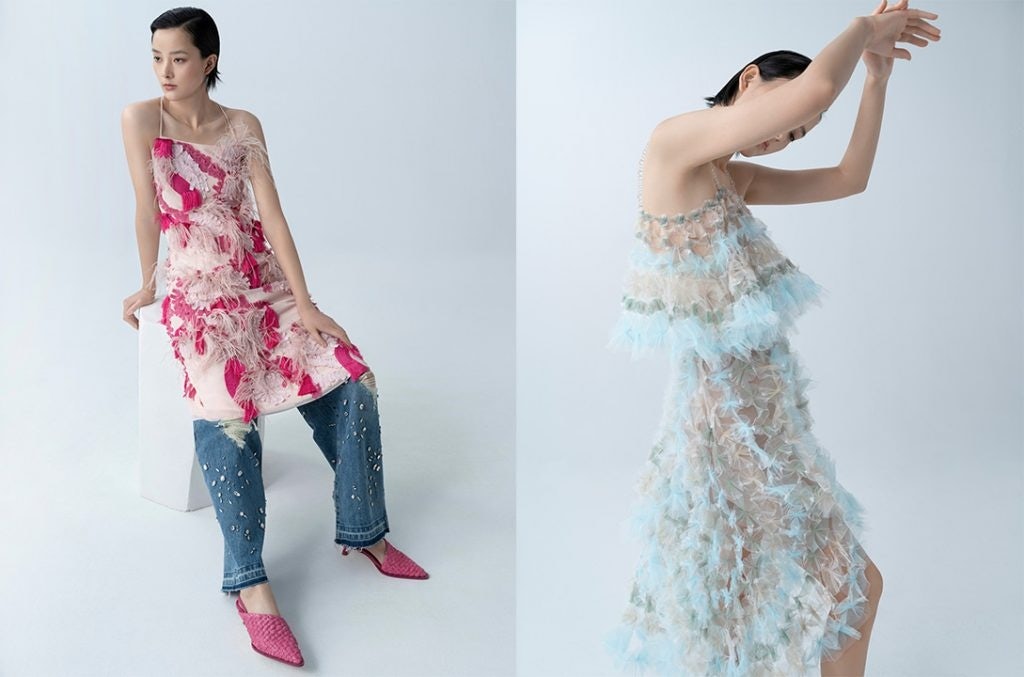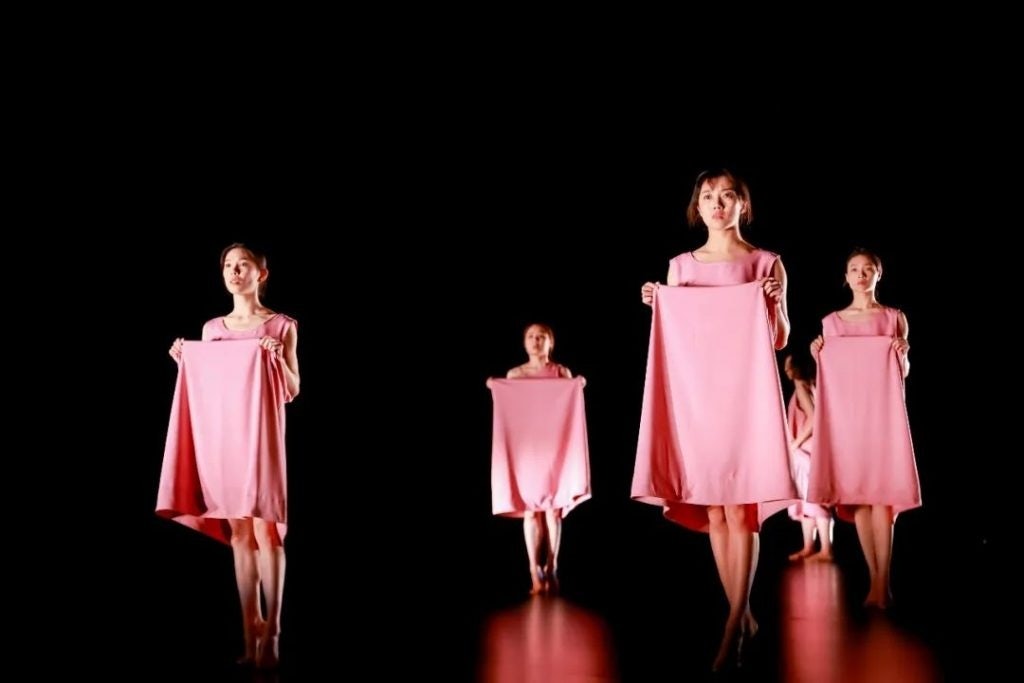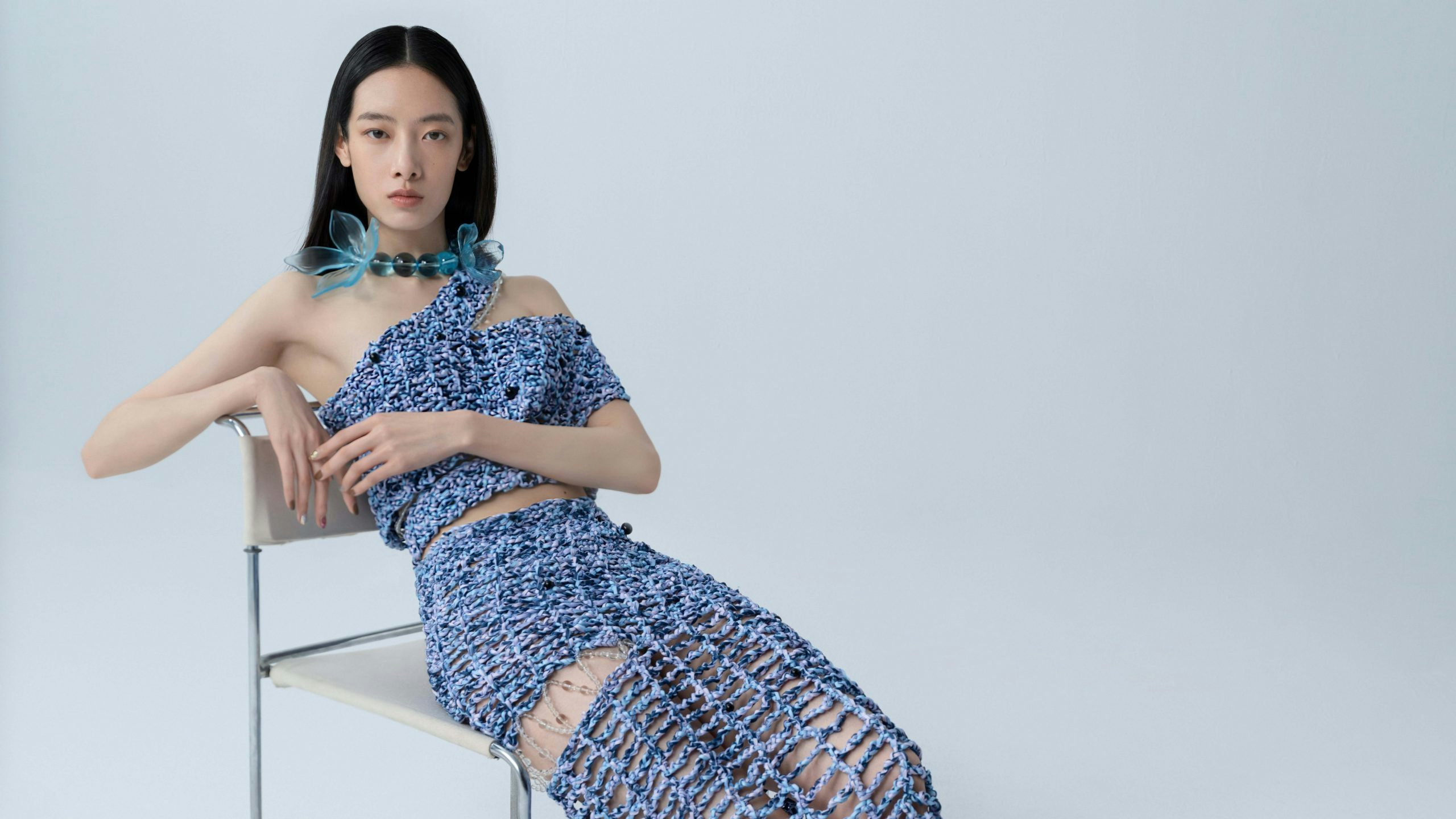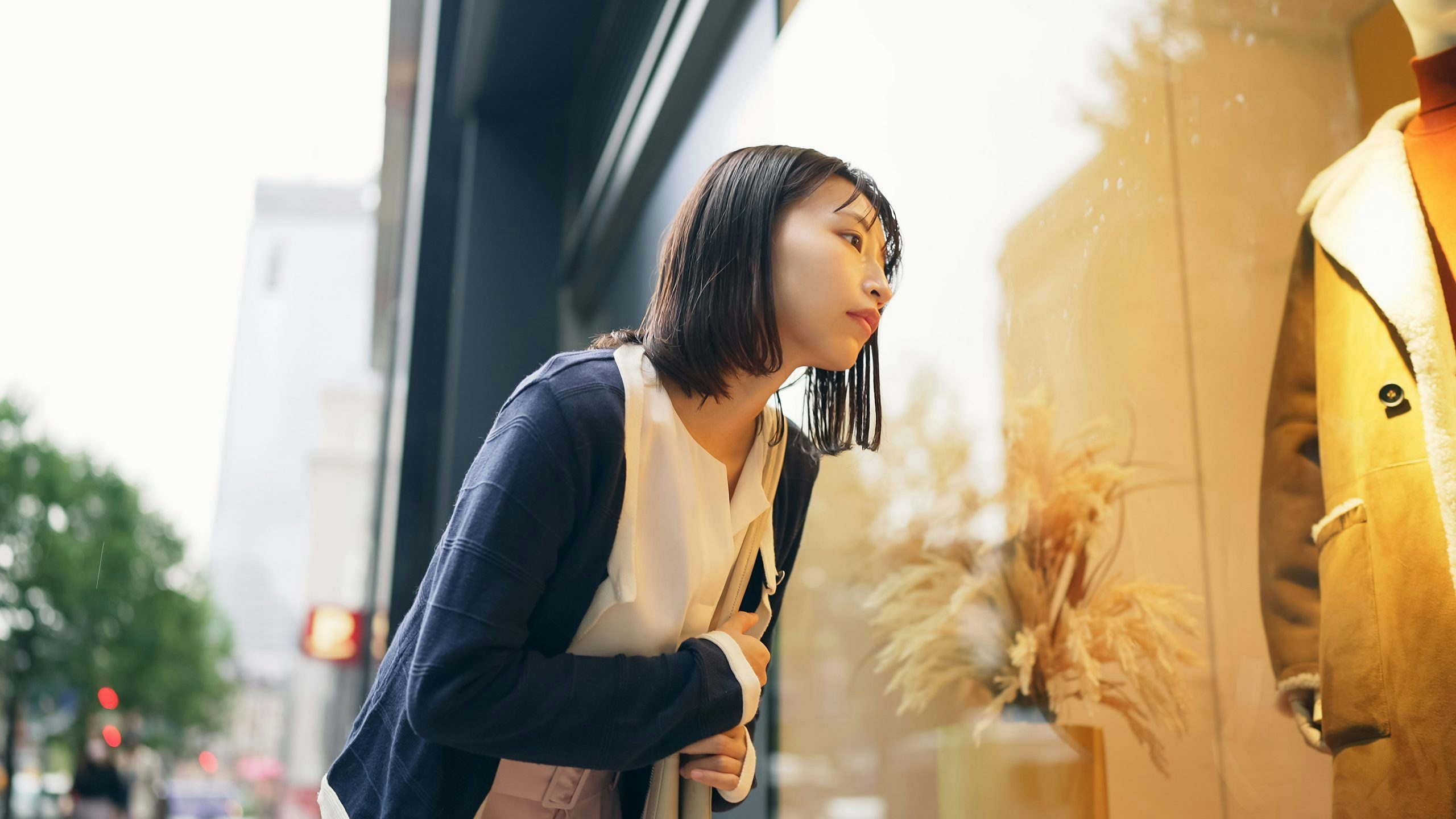What happened
This week, German ecommerce platform Mytheresa unveiled the exclusive collections from its debut China Designer Program. Announced last fall, the initiative tapped four emerging Chinese designers — Xu Zhi, Jacques Wei, Susan Fang and Didu — to each contribute a capsule collection to the retailer. The designers were chosen by a jury that included Chuxuan Feng, editor-in-chief of T Magazine China, and Mytheresa Vice President of Fashion Buying Tiffany Hsu, who also offered guidance to the designers throughout the process. Mytheresa will promote the collections with a campaign created by a Chinese production team, including photographer Liang Zi and models Ci Ci Xiang and Emma Bei Pei.

Mytheresa joins the list of other global luxury entities looking to promote Chinese talent in recent months. Last December, 24s, the ecommerce retailer owned by LVMH, collaborated with Chen Peng on a 23-piece collection. The shortlist for the 2023 LVMH prize also included two Chinese brands, Louis Shengtao Chen’s namesake line and Marrknull by Wei Wang and Tian Shi.
Some luxury powerhouses are even looking beyond fashion and into culture. Last week, Kering invited Chinese choreographers Wen Hui and Weng Mengfan to its Women in Motion at West Bund dance festival in Shanghai, in support of local female creative talents. Additionally, Miu Miu will host a localized Women's Tales screening, party and forum in the ancient town of Wuzhen in late April.

The Jing Take
The opening of the Chinese economy is slated to help luxury spending in 2023 return to pre-pandemic levels, with LVMH already reporting boosted sales and record share prices at the end of Q1. With those potential sales on the horizon, luxury brands like Versace and Bulgari have also announced a bevy of Chinese brand ambassadors in recent months.
The recent engagement with emerging Chinese talent shows that luxury powerhouses aren’t just looking to capitalize on established names — they are localizing their own relevance by investing in young talent from the country. Those investments paint a more holistic picture of companies’ strategies to connect more with the Chinese market.
“We are excited to feature the creativity and beauty of Chinese designers…and to give these talented designers access to our global audience and platform,” stated Mytheresa CEO Michael Kliger in a press release. Kliger added to WWD that the Chinese consumer “goes beyond China, and it’s a very important audience. They’re buying at home, and abroad — and they’re traveling once again.”
Emerging Chinese designers like those participating in Mytheresa’s program have the potential to connect with a global audience outside their own borders as well. This past season, Paris Fashion Week welcomed a handful of emerging Chinese designers to show for the first time, just as Chinese editors and buyers were able to return to the festivities since the pandemic.
Among those designers was Rui Zhou, who had previously won the 2021 LVMH Karl Lagerfeld Prize for Young Designers. Her label, Rui, has already appeared on the likes of Dua Lipa, Solange Knowles, and Blackpink’s Lisa, and counts Montreal ecommerce retailer SSENSE among its stockists.
China has long since influenced the global luxury market thanks to the buying power of Chinese consumers both at home and abroad. Western fashion labels have recognized this power by appointing Chinese ambassadors and establishing a retail footprint in the country. Pre-pandemic engagements between luxury brands and Chinese designers were at an all-time high.
COVID, however, caused a partial hiatus in this trend. But three years later, that has changed, and engagement seems to be swinging towards a high once again with China’s borders opened and consumers' growing interest in homegrown talent (as per a recent McKinsey report).
Western conglomerates are wise to invest in Chinese talent that might one day command global influence, as labels like Rui are steadily establishing. As the Chinese economy recovers, the influential Chinese audience may support local talent as much as Chanel or Dior in future.
The Jing Take reports on a piece of the leading news and presents our editorial team’s analysis of the key implications for the luxury industry. In the recurring column, we analyze everything from product drops and mergers to heated debate sprouting on Chinese social media.


